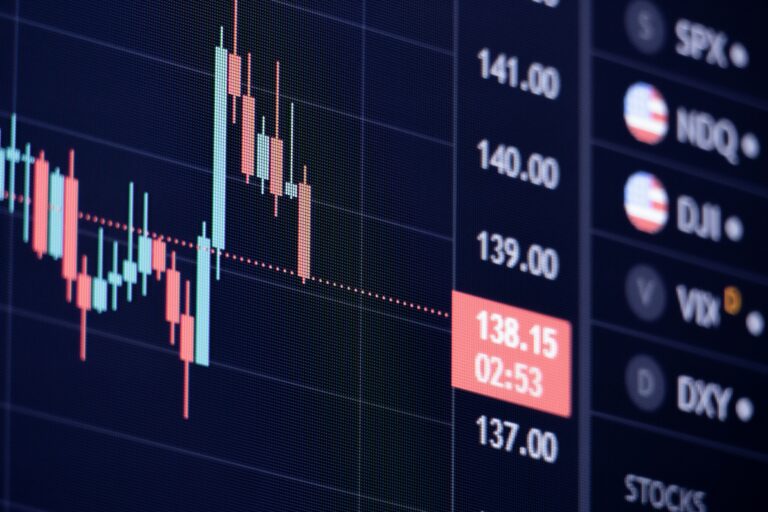In 2025, two major markets dominate the investment landscape — the crypto market and the stock market. While both offer opportunities for profit and growth, the forces that drive their prices are fundamentally different. If you’re wondering what moves the prices in each market, this guide is for you.
The stock market is built on decades of structure, regulations, and corporate performance. The crypto market, on the other hand, is newer, decentralized, and heavily influenced by sentiment and hype. Let’s explore what really drives the price in both.
How Are Prices Determined in the Stock Market?
In the stock market, a company’s share price is determined largely by fundamentals such as earnings, growth prospects, market conditions, and investor sentiment. When a company performs well or releases strong financial results, investors become more interested, and the stock price typically rises.
Demand and Supply Mechanism
Just like any marketplace, stock prices are determined by supply and demand. When more people want to buy a stock than sell it, the price goes up. When selling pressure exceeds buying interest, the price drops.
Company Performance
Quarterly earnings, product launches, management changes, or future guidance reports play a big role in price movement. Better-than-expected performance often leads to a surge in stock value.
Economic Policies and Interest Rates
Monetary policy from the Federal Reserve, including interest rate decisions, directly impacts investor behavior. Lower interest rates often drive more investment into equities, boosting stock prices.
How Are Prices Determined in the Crypto Market?
Unlike traditional stocks, cryptocurrencies don’t rely on company earnings or structured financial reports. The crypto market is more volatile and influenced by speculation, online sentiment, and market trends.
Social Sentiment and Trends
Price movements in the crypto world are often dictated by what’s trending on social media platforms like X (formerly Twitter), Reddit, and YouTube. A single tweet from a crypto influencer can cause significant price spikes or drops.
Supply Limitations
Cryptocurrencies like Bitcoin have a limited supply, often hardcoded into their protocol. For example, Bitcoin is capped at 21 million coins. As the supply diminishes and demand remains strong, prices tend to rise.
Regulations and Government Announcements
Any news from regulatory bodies like the SEC or IRS can instantly affect the crypto market. Legal developments, tax announcements, or potential bans often trigger panic selling or bullish buying.
Exchange Liquidity and Volume
The trading volume and liquidity on major exchanges like Binance, Coinbase, and Kraken also influence crypto prices. Higher volume usually leads to more price stability, while low liquidity can cause extreme price swings.
Which Market Is More Volatile?
The crypto market is significantly more volatile than the stock market. A 10% to 20% move in a single day is common in crypto. In contrast, stock market movements of that magnitude are rare and usually triggered by major news.
This volatility is attractive to some traders due to the potential for quick profits but also comes with a high level of risk.
Can Crypto Replace the Stock Market?
As of now, the answer is no. While crypto is revolutionizing the way we think about finance and decentralization, the stock market remains the more stable, regulated, and reliable long-term investment platform. Crypto investing should be approached with a solid risk management plan.
Conclusion
The crypto and stock markets are powered by very different price-driving mechanisms. Stocks rely on financial performance, investor confidence, and economic indicators. Cryptocurrencies depend more on scarcity, hype, regulatory signals, and online sentiment.
As an investor, you need to understand the market you are entering. If you’re looking for stability and long-term growth, the stock market might be a better fit. If you’re open to high risk and potential quick rewards, crypto may be worth exploring — but only with careful planning and proper research.



